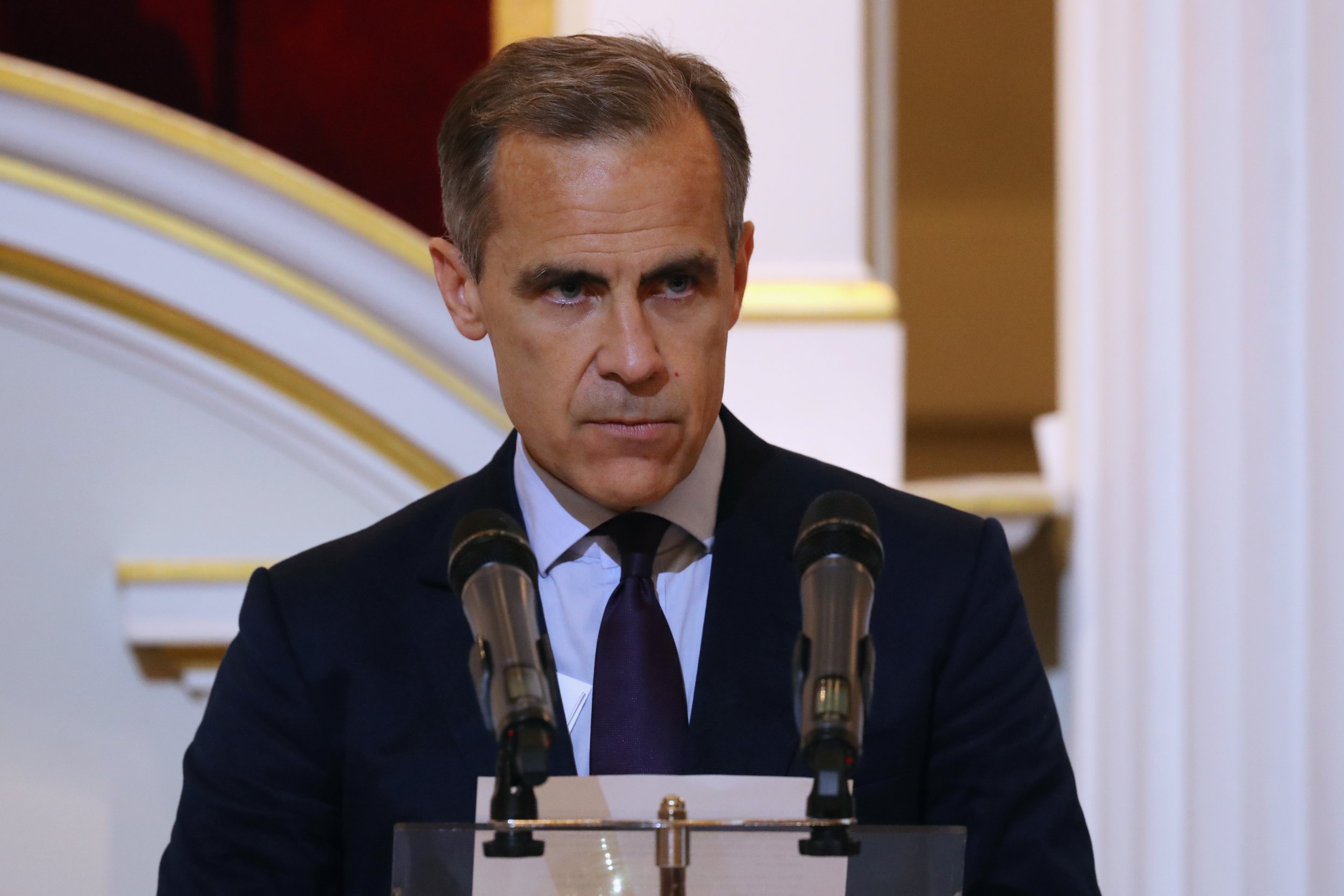
"Turning back the tide of stateless corporations."
"Then the villains were the capitalists. Should they today be the central bankers?"
Not sentiments you would have expected to hear from the governor of the Bank of England (BoE). But the words are his, included in a speech this week, and they delivered an injection of radical thought that is highly significant for the future of business.
For Carney had an important point to make: one that will be striking home in boardrooms across the country. "Public support for open markets is under threat… turning our backs on open markets would be a tragedy, but it is a possibility," he said.
It is a stark warning, well aimed at an economic consensus that has never been more in question since it settled in the aftermath of the Cold War. Free markets, free trade and globalisation have been the watchwords of the developed world for the living memory of many doing business today. The governing assumption has been that there is no problem that free, open, digital and deregulated could not solve.
The financial crisis, seen by many on the left as an immediate catalyst for that system's demise, has actually taken almost a decade to reveal its true significance. The "lost decade" of wage growth to which the governor referred, the insecurity of work, the unknowns of technological disruption and the uncertainty of global politics have all contributed to a sense of mistrust and dispossession. As Carney put it, "many citizens in advanced economies are facing heightened uncertainty, lamenting a loss of control and losing trust in the system."
And 2016 has been the year when political campaigns set light to economic fuses: Brexit and Trump have brought economic nationalism into the mainstream. Suddenly it isn't just acceptable to question the fundamentals of liberal capitalism, it is fashionable. Even the governor of the BOE is doing it.
The gauntlet has been thrown down, rightly and decisively so, and the question is how business will respond. For while politicians can concentrate attention and pull some policy levers to encourage action, only business at large can effect the economic change many are calling for.
What matters is that interventions such as the governor's are treated not as the death rattle of a decrepit system, but as a rallying cry for business to lead change. For all its shortfalls, capitalism has been the great driver of economic and social progress the world has seen. With a renewed sense of mission, it can remain so in the decades to come, but the world of business has been put on notice that it must change to do so.
Business must rediscover its deeper purpose, to serve people at the same time as achieving profit. The increasing weight of evidence is that the one enables the other. Companies that are more diverse, more transparent, more sustainable and more responsible will do better. This isn't about drawing the teeth of capitalism or profit-making. But it is about ensuring the never-controllable energies of enterprise are directed better. Making business more representative of the people and communities it serves. More accountable to society and the environment. More focused on the impact its products and services have on the world around it.
These are things that must be seen not as irksome obligations but essential enablers to future success. This is a drum that many in business are already starting to beat. Look at the rise of the B Corp movement in the UK, or the Cabinet Office's just-published Mission Led Business Review. The seedlings of change have been planted. The governor's intervention yesterday was a timely shot in the arm for nascent movements that must now be actively and vigorously franchised. As well as prescient warnings, the speech also held out tantalising possibilities: "Mass-employment through mass-creativity," "artisanal globalisation," "global free trade for SMEs."
Above all, his key point was that we are undergoing a Great Disruption, a moment of sustained technological development that has not been seen since the Industrial Revolution.
Business has cheered the disruptive progress and products of technology without paying enough heed to its disruption of people's jobs and lives. Now the same energy that has been applied to unleashing technological potential needs to be harnessed to unlock human potential.
The world of work would likely change more in the next decade than it has in the last century. It is both a responsibility and an opportunity for business to ensure that people are the beneficiaries and not the victims of that change. It's why we need to heed the words of the radical of Threadneedle Street.
Michael Hayman MBE is co-founder of Seven Hills and co-author of Mission
Uncommon Knowledge
Newsweek is committed to challenging conventional wisdom and finding connections in the search for common ground.
Newsweek is committed to challenging conventional wisdom and finding connections in the search for common ground.
About the writer
To read how Newsweek uses AI as a newsroom tool, Click here.








